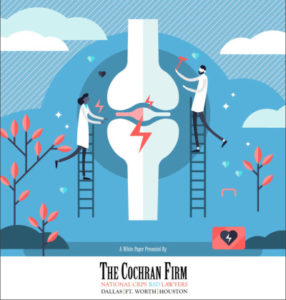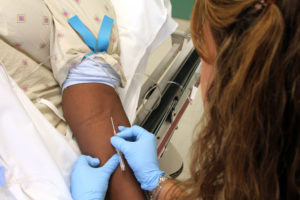New Hope: Pain Specialists Turn to Ketamine for Treating CRPS/RSD

Medical researchers have found that low doses of an intravenous anesthetic known as Ketamine may offer relief from the debilitating pain of Complex Regional Pain Syndrome (CRPS). Their findings have been published in the Journal of Pain Medicine.
What is IV Ketamine Infusion Therapy?
According to the International Research Foundation for RSD/CRPS, IV ketamine infusion therapy involves the release of ketamine into the bloodstream, where it blocks the nerve channels that are causing intense, abnormal pain sensations, while still allowing the nerve to function normally without long-term sedation and respiratory depression.
The Case for Ketamine
Ketamine infusions have been reported to be a safe and effective way to manage the chronic pain associated with complex regional pain syndrome/reflex sympathetic dystrophy (CRPS/RSD).
- Ketamine has been shown to have a very selective effect on relieving CRPS pain without causing prolonged sedation and respiratory depression, according to research conducted by the International Research Foundation for RSD/CRPS.
- According to a article in the journal Anesthesiology, low dose IV ketamine in conjunction with an epidural not only showed a significant reduction in acute pain, but also eliminated chronic postsurgical pain one year later, suggesting that ketamine might play a role in preventing CRPS/RSD after surgery.
What is CRPS/RSD?
CRPS/RSD is a chronic neuro-inflammatory disorder affecting up to 200,000 individuals in the U.S. in any given year. CRPS/RSD commonly follows a musculoskeletal or nerve injury, surgery or immobilization, occurring when the nervous system and the immune system malfunction as they respond to tissue damage from some sort of trauma. The nerves misfire, sending constant pain signals to the brain.
While symptoms vary in severity and duration, studies of the incidence and prevalence of the disease show that individuals may recover gradually with time. In more severe cases, individuals may not recover and may have long-term disability. There is no cure for the condition, and it can only be managed.



